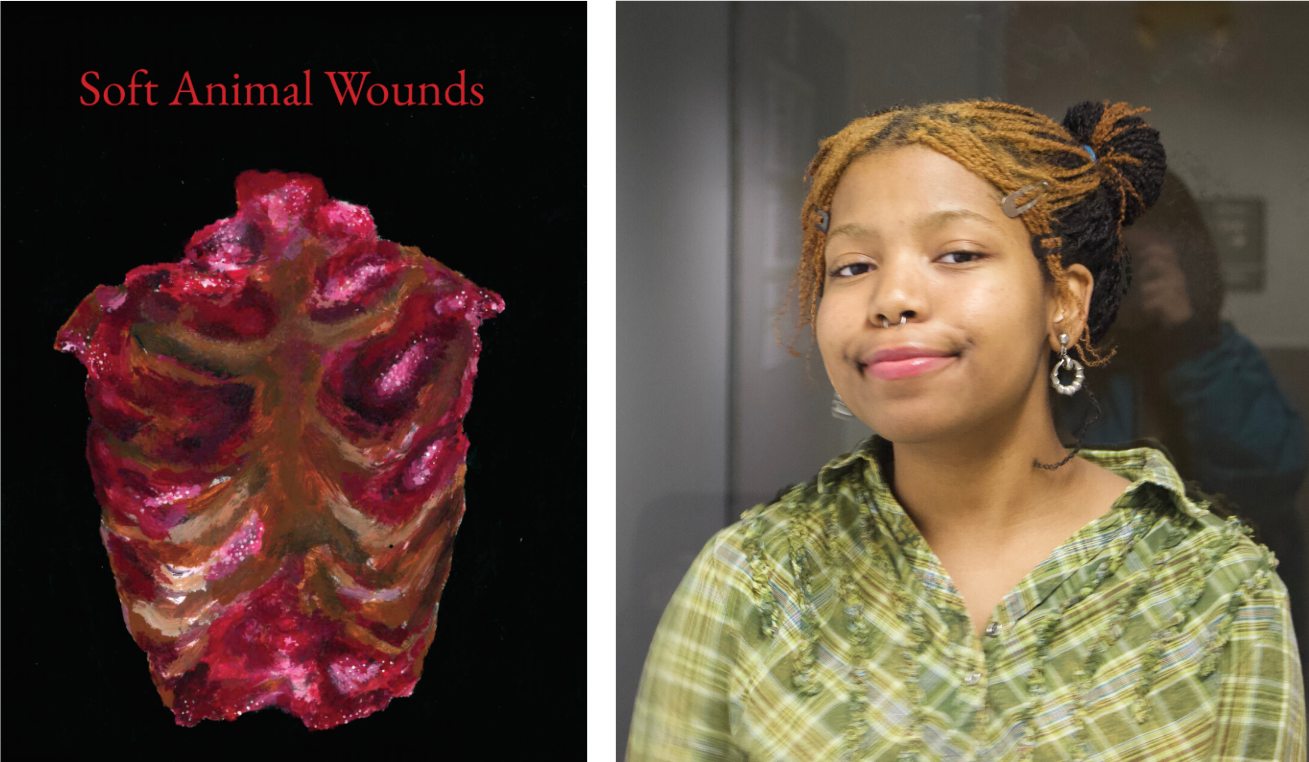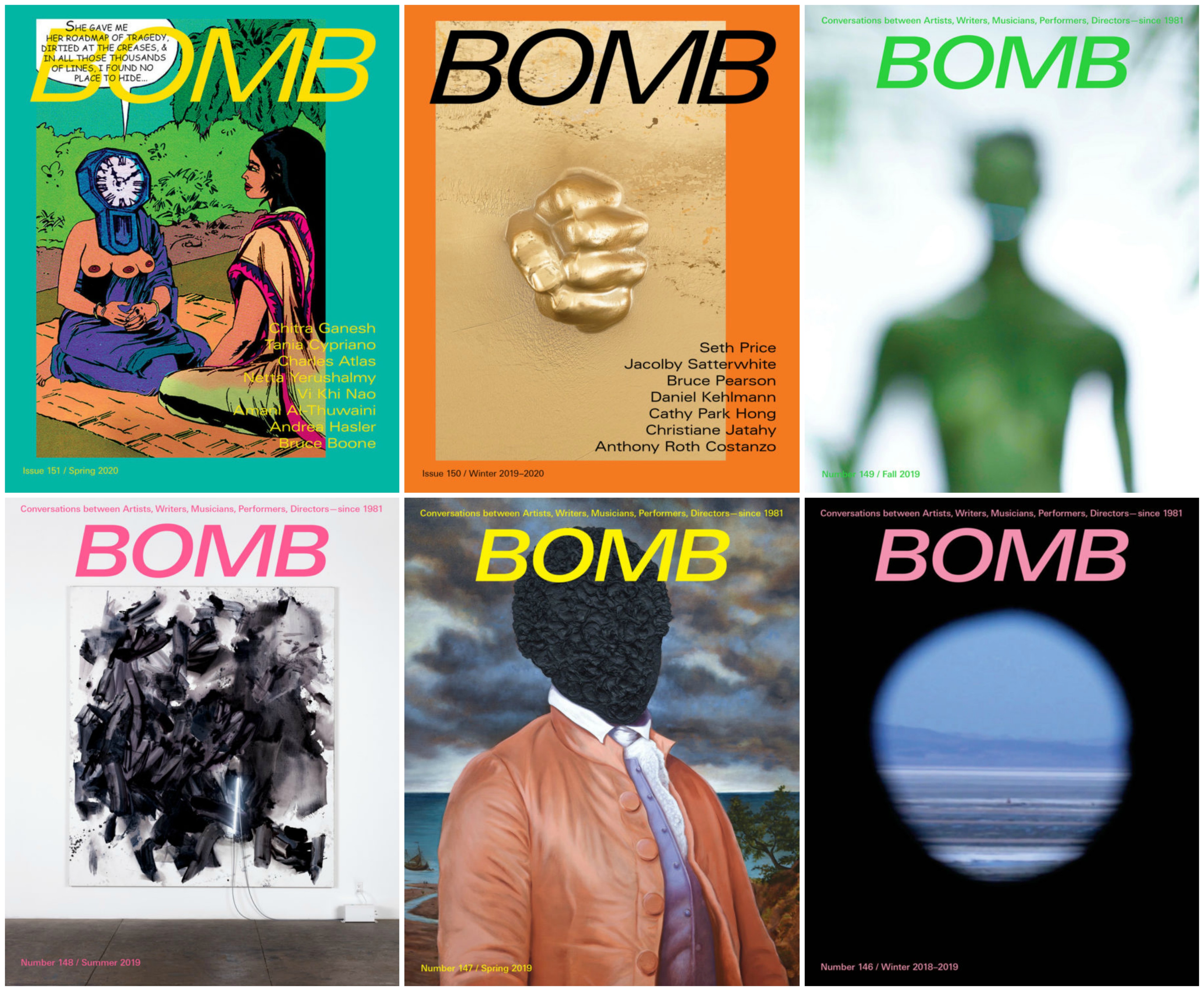To help writers impacted by the COVID-19 pandemic, we will be highlighting emergency funds available to writers. For more sources of support, read our running list of resources for writers in the time of coronavirus.
We Need Diverse Books is issuing grants of $500 to members of the children’s literature publishing community “who are experiencing dire financial need,” specifically diverse authors, illustrators, and publishing professionals whose incomes have been affected by the COVID-19 pandemic.
Writers and illustrators who have lost income due to canceled school or library visits, and who have published at least one book-length title for children or teens at a traditional publishing house, are eligible; children’s publishing professionals who have been furloughed or recently laid off from a publisher or literary agency are also eligible. All applicants must identify as people of color, as Native American, or as LGBTQIA+, or have a disability or belong to a marginalized religious or cultural minority; additionally, they must be U.S. residents and at least eighteen years of age.
Using online the online application system, submit information about personal finances, a statement of need, and a recent bank statement. Author and illustrator applicants must also list publication history and provide evidence of the cancellation of at least three school or library visits. Applications are accepted on a rolling basis. Visit the website for complete guidelines.
We Need Diverse Books estimates that applications will be processed within two to three weeks. Applications will be capped at seventy but may be reopened after the judging committee has reviewed the first round.
We Need Diverse Books first emerged as a social media campaign and protest in 2014, which called out the publishing industry for the lack of diversity in children’s literature. We Need Diverse Books has since become a nonprofit organization with the vision to build “a world in which all children can see themselves in the pages of a book.”







